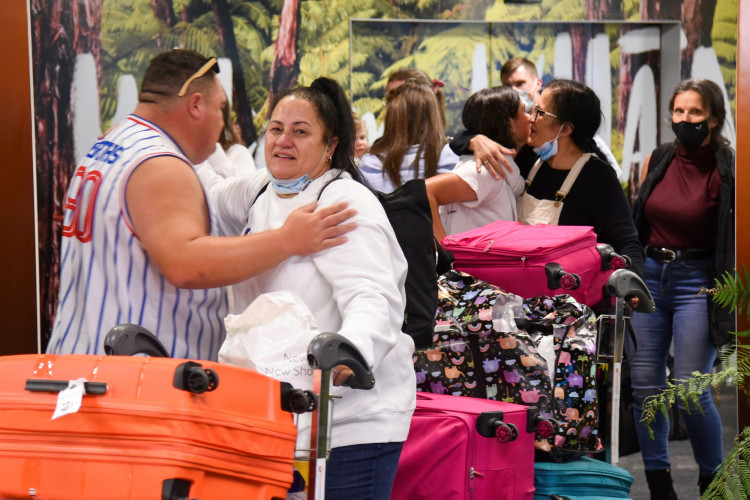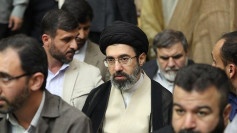Australia refuses to change a plan to reopen borders next year as businesses and others affected by the pandemic call for an end to closings.
In March 2020, Australia closed its borders to non-nationals and non-residents and has since been allowing only limited international arrivals - mainly citizens returning from abroad.
"All the way through we will be guided by the medical advice," Prime Minister Scott Morrison said at a televised briefing. "We will be guided by the economic advice."
"Like many measures, international border closures had a temporary place, but it is not sustainable and will turn us into a hermit outpost," the Sunday Age newspaper quoted Tim Wilson, a Liberal Party member of parliament from Melbourne, as saying.
Frydenberg: Decision Is Based On Medical Advice
Treasurer Josh Frydenberg said Sunday the government "will follow the medical advice that has served us very well through this crisis."
The plan has been criticized by businesses and politicians who believed the economy should be considered in border closings.
Brett Sutton, Victoria's Chief Health Officer, recommended that wide vaccination coverage should be considered when planning economic reopening.
Australia has set a goal of inoculating all willing citizens by the end of 2021. If this is achieved experts believe an earlier reopening may be possible.
Travel Cancellations At Center Of Debate
The government and its critics also disagree over travel. Many citizens who have planned trips after last year's travel bans have yet to leave and some haven't received refunds for canceled journeys.
While travelers have been promised future travel credits, those who have been forced to cancel trips want refunds promptly.
The local travel industry has slowly bounced back as travelers have reverted to domestic tours, but international travel remains poor.
Families Still Torn By Restrictions
Meanwhile, Australians continue to fight for eased restrictions for families separated by COVID-19.
Many Australians who have family abroad are disappointed over the decision to push back border reopening until 2022.
Permission to enter the country is limited to "immediate family" of either a permanent resident or an Australian citizen. In Australia, parents are not considered immediate family.
Residents who need help from their parents to care for young children have struggled.
Vaccination Program May Be A Culprit
Some experts say Australia's COVID-19 vaccination program is a hindrance to earlier border reopening.
Since the government is largely relying on herd immunity to reopen its borders, stumbling blocks in getting Australians vaccinated could be putting a dent to these plans.
As of early May, only 1.7 million doses had been delivered to the country.
The initial plan was to vaccinate all Australians by October. However, the country has experienced slow distribution and a shortage of supplies.






